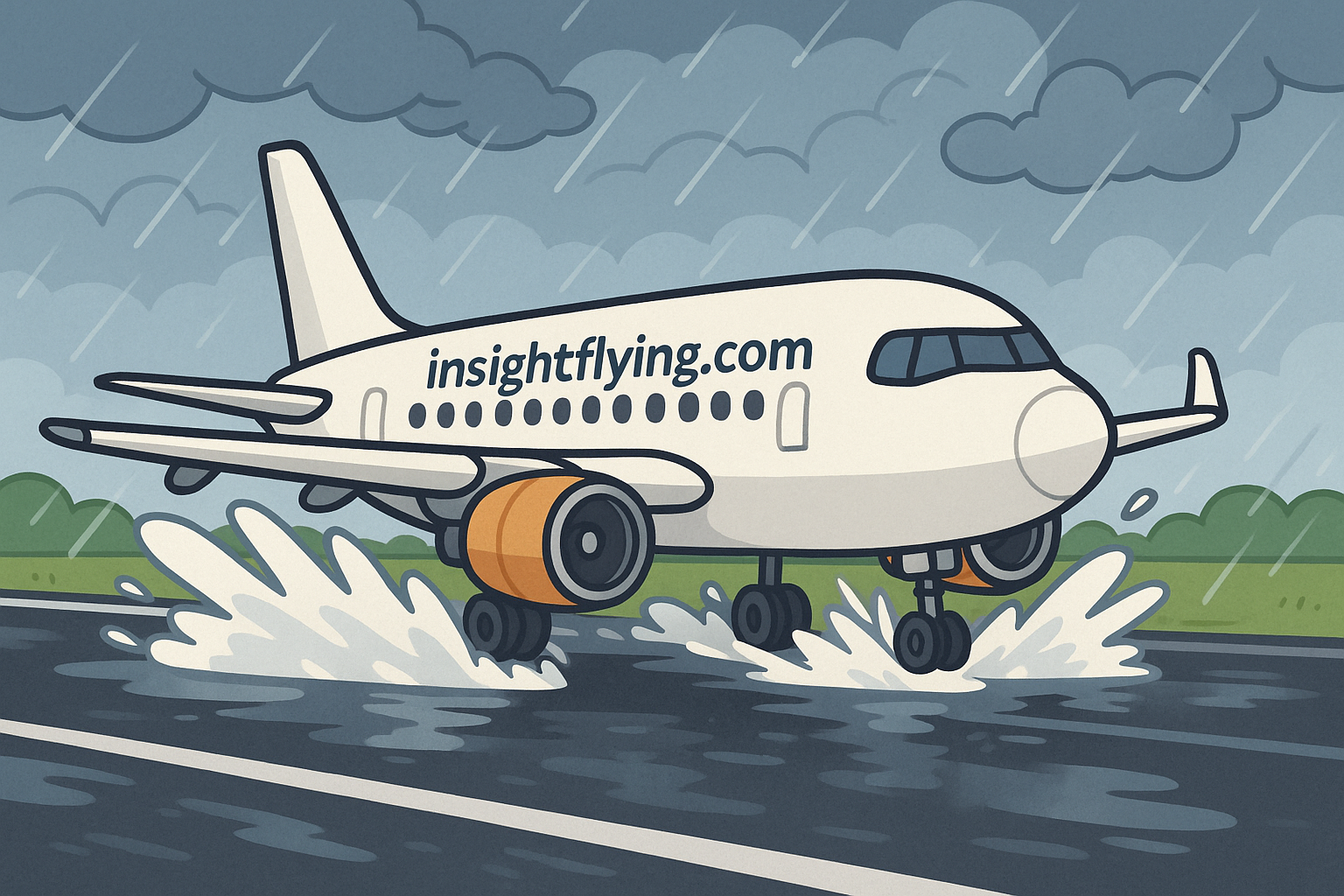✈️ ความเข้าใจผิดที่ 3: นักบินใช้ระบบอัตโนมัติทั้งหมด
Misconception #3: Pilots just let the autopilot do everything
หลายคนมักเชื่อว่า เครื่องบินสมัยนี้บินเองได้หมดแล้ว — นักบินเพียงแค่นั่งดูหน้าจอ ปล่อยให้ระบบอัตโนมัติควบคุมตั้งแต่ขึ้นจนถึงลงจอด แต่ความจริงนั้นซับซ้อนกว่ามาก เพราะ “ระบบอัตโนมัติ” คือเครื่องมือช่วย ไม่ใช่ผู้ตัดสินใจ
Many people believe that modern planes fly entirely on their own — that pilots just sit back while the autopilot handles everything from takeoff to landing. The truth, however, is far more complex: automation is a tool, not a decision-maker.
🧠 Autopilot คือ “ผู้ช่วย” ไม่ใช่ “นักบินแทนคน”
Autopilot is an assistant, not a replacement for pilots
ระบบอัตโนมัติ (Autopilot) ทำหน้าที่ควบคุมทิศทาง ระดับความสูง และความเร็วตามค่าที่นักบินตั้งไว้ — คล้ายกับ “ผู้ช่วยขับรถ” ที่ทำให้การบินราบรื่นและแม่นยำขึ้น แต่ทุกการเปลี่ยนแปลงยังต้องเริ่มจากคำสั่งของนักบินเท่านั้น
The autopilot system controls direction, altitude, and speed based on what pilots set — much like a “co-driver” that maintains smooth, precise flight. But every command, from climb rate to turn angle, still originates from the pilot.
⚙️ ทำไมถึงต้องใช้ระบบอัตโนมัติ?
Why do pilots use automation at all?
เพราะการบินเชิงพาณิชย์ต้องอาศัยความแม่นยำสูงและการจัดการข้อมูลจำนวนมาก ระบบอัตโนมัติช่วยให้นักบินสามารถโฟกัสกับสิ่งที่สำคัญกว่า เช่น การวางแผนเส้นทาง การสื่อสารกับการควบคุมจราจรทางอากาศ และการบริหารเชื้อเพลิง
Commercial aviation demands extreme precision and constant data management. Automation allows pilots to focus on higher-level tasks — route optimization, air traffic coordination, and fuel management — rather than constantly making manual control inputs.
🧭 นักบินยังต้อง “คิด” และ “ตัดสินใจ” ตลอดเวลา
Pilots still think and decide at every stage
แม้ระบบจะบินเองได้ แต่นักบินต้องคอยประเมินสถานการณ์และตัดสินใจทุกขั้นตอน เช่น
- จะเปิดหรือปิดระบบอัตโนมัติเมื่อใด
- จะเลือกเส้นทางหลบพายุอย่างไร
- จะลงจอดด้วยระบบหรือด้วยมือเมื่อทัศนวิสัยต่ำ
Even with automation active, pilots continuously assess and decide — when to engage or disengage the autopilot, how to reroute around weather, or whether to land manually during low visibility.
⚠️ ความเข้าใจผิดที่อาจเป็นอันตราย
The dangerous myth of “the plane flies itself”
ความเชื่อว่า “เครื่องบินบินเองได้” ทำให้หลายคนมองข้ามคุณค่าของทักษะนักบิน แต่ในภาวะฉุกเฉิน เช่น ระบบขัดข้อง อุปกรณ์ไฟฟ้าดับ หรือข้อมูลผิดพลาด — “การควบคุมด้วยมือ” (manual flying) คือสิ่งที่ช่วยรักษาชีวิตทุกคนบนเครื่อง
The belief that “planes fly themselves” underestimates the value of pilot skill. In emergencies — such as system failures, power loss, or faulty data — manual flying becomes the most crucial life-saving ability in the cockpit.
🧑✈️ เบื้องหลังความปลอดภัยทุกเที่ยวบิน คือ “มนุษย์” ที่อยู่หลังระบบ
Behind every safe flight, there’s a human behind the system
ระบบอัตโนมัติอาจทำให้การบินสะดวกและปลอดภัยขึ้น แต่หัวใจสำคัญของการบินยังคงเป็น “การตัดสินใจของมนุษย์”
นักบินที่ดีไม่ใช่คนที่เชื่อเครื่องหมดใจ แต่คือคนที่ “รู้ว่าเมื่อไหร่ควรเชื่อ และเมื่อไหร่ควรบินเอง”
Automation enhances safety and efficiency, but the core of aviation remains human judgment. A good pilot isn’t one who blindly trusts the system — it’s the one who knows when to trust the system, and when to take control.
✅ สรุป: เทคโนโลยีช่วยได้มาก — แต่ยังไม่แทน “ความคิดมนุษย์” ได้
Technology helps, but it can’t replace human thinking
ในยุคที่ AI และระบบอัตโนมัติก้าวหน้าอย่างรวดเร็ว นักบินยังคงเป็นปัจจัยสำคัญที่สุดของความปลอดภัยทางอากาศ เพราะสุดท้ายแล้ว “เครื่องบินบินด้วยระบบ แต่ลงจอดด้วยการตัดสินใจของมนุษย์”
In the age of AI and automation, pilots remain the ultimate safeguard of air safety — because while planes may fly by system, they still land by human judgment.
A320 accident Airbus aircraft airline airmanship attitude aviation Aviation SMS become a captain become a pilot Boeing captain Crisis Crisis Management Dark Aviation Dark Side diversion emergency engine fatigue flight safety go-around Indigo interview judgement management motivation pilot pilot interview qualified pilot safety Safety Management System self-knowledge SMS student pilot technology turbulence weather การจัดการความปลอดภัย การบิน การสอบสัมภาษณ์ นักบิน สอบนักบิน สอบสัมภาษณ์

